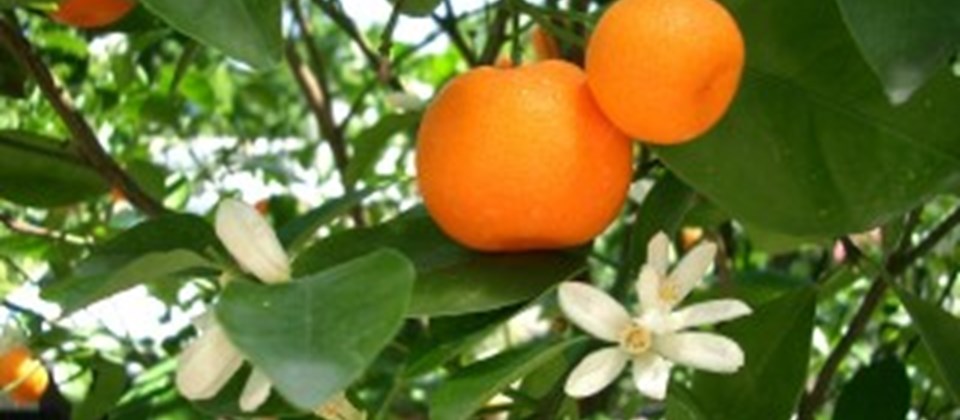

05/07/12
Riego deficitario del mandarino con aguas salinas y regeneradas en zonas semi-áridas del Mediterráneo
RW had higher concentration of macro- and micronutrients, especially potassium, and the phytotoxic elements, boron, sodium and chlorides. The microbiological load in the different irrigation water sources showed a high seasonal variability, and all water sources occasionally exceeded health standards to irrigate fruit trees. In the RW treatment, an increase in soil salinity and leaf boron concentration was observed. The nutritional contribution of RW was high, providing 24 and 15 % of the annual nitrogen and phosphorus (N and P2O5) fertilizer requirement for mandarin oranges, respectively, and RW treatment satisfied the entire potassium requirement (K2O). An important fluctuation in the crop production was observed during the 4 years in the different water quality treatments. In general, quality parameters of mandarins were not affected. The results provide additional evidence that long-term effects must be studied to test sustainability when using RW irrigation on fruit trees.

